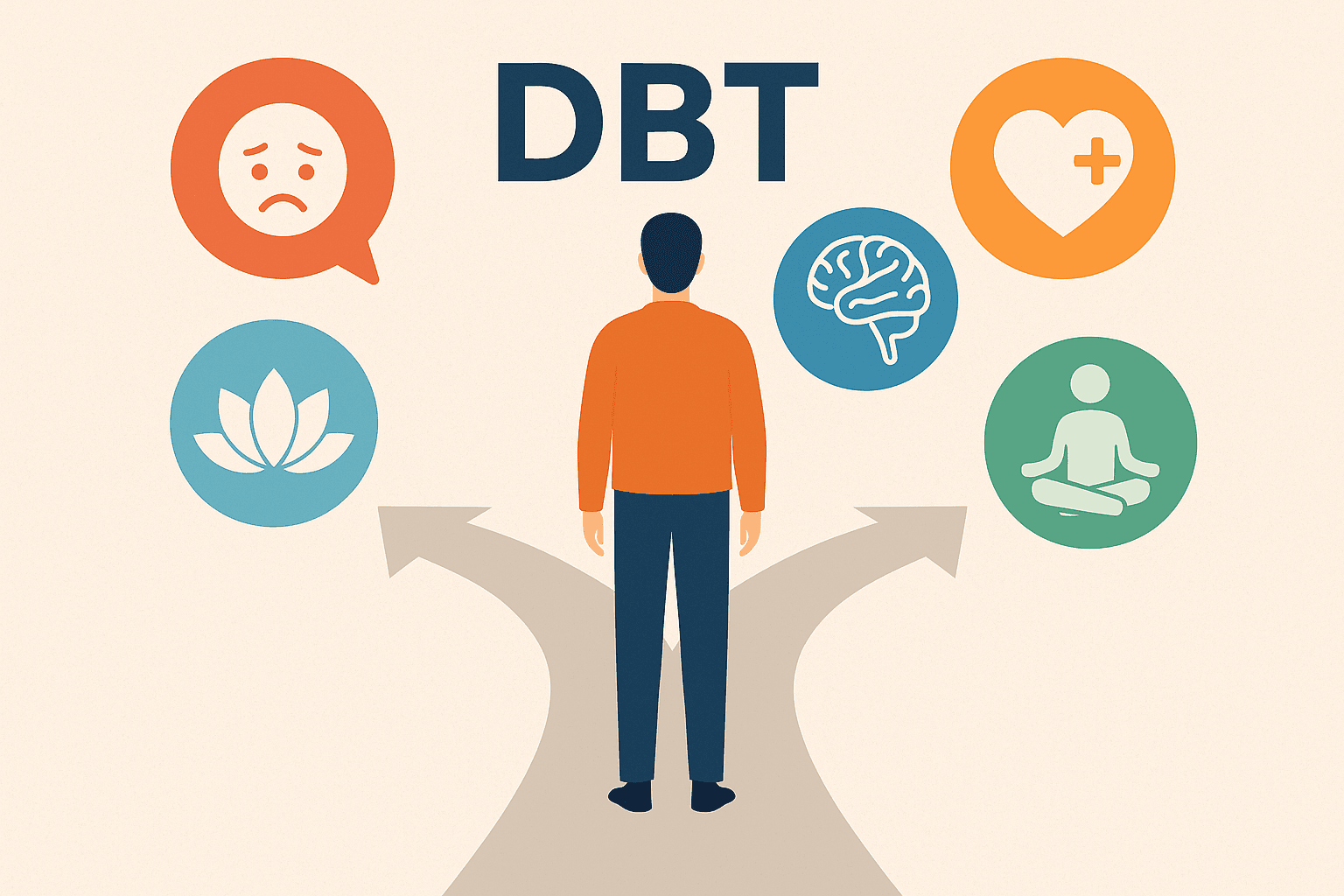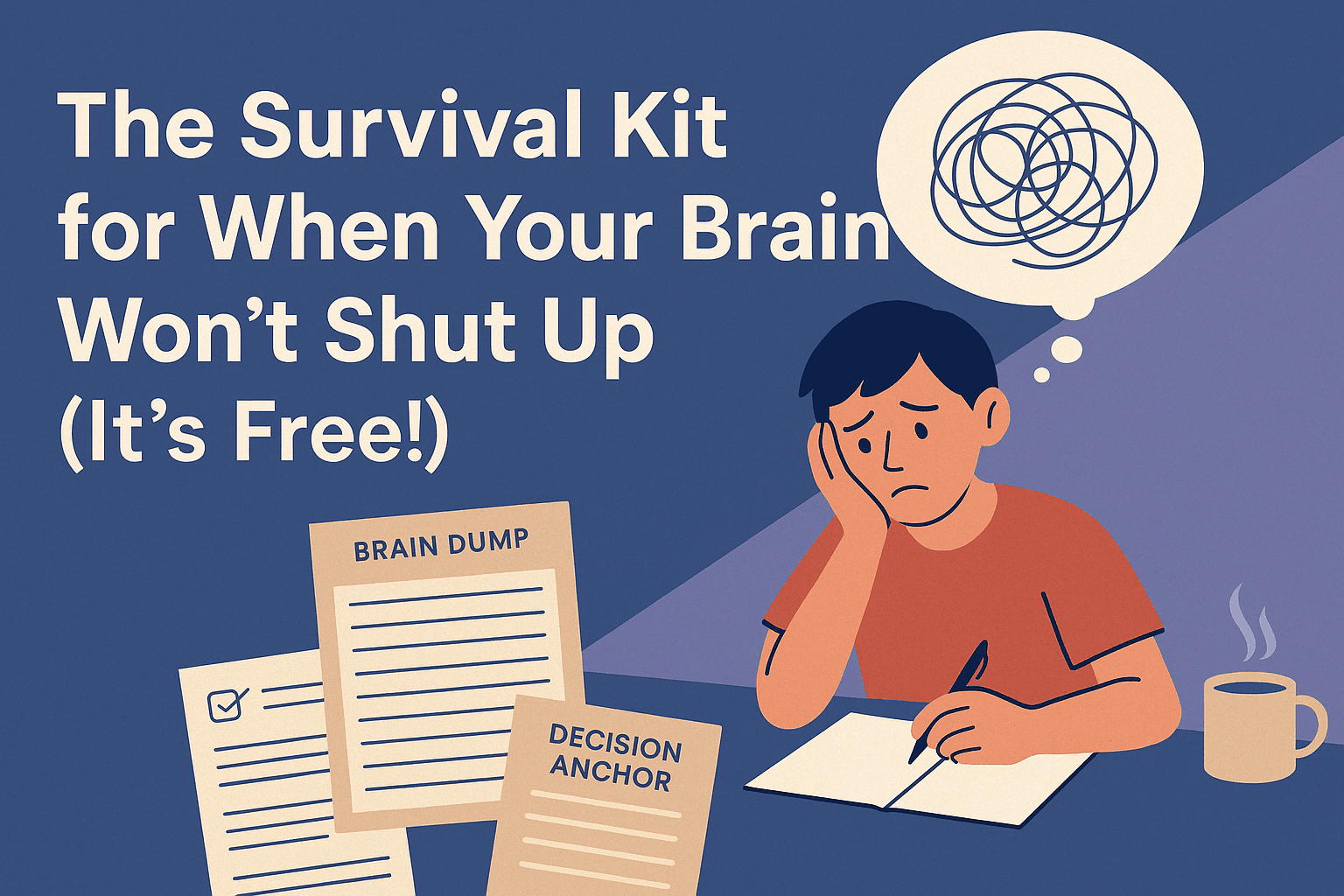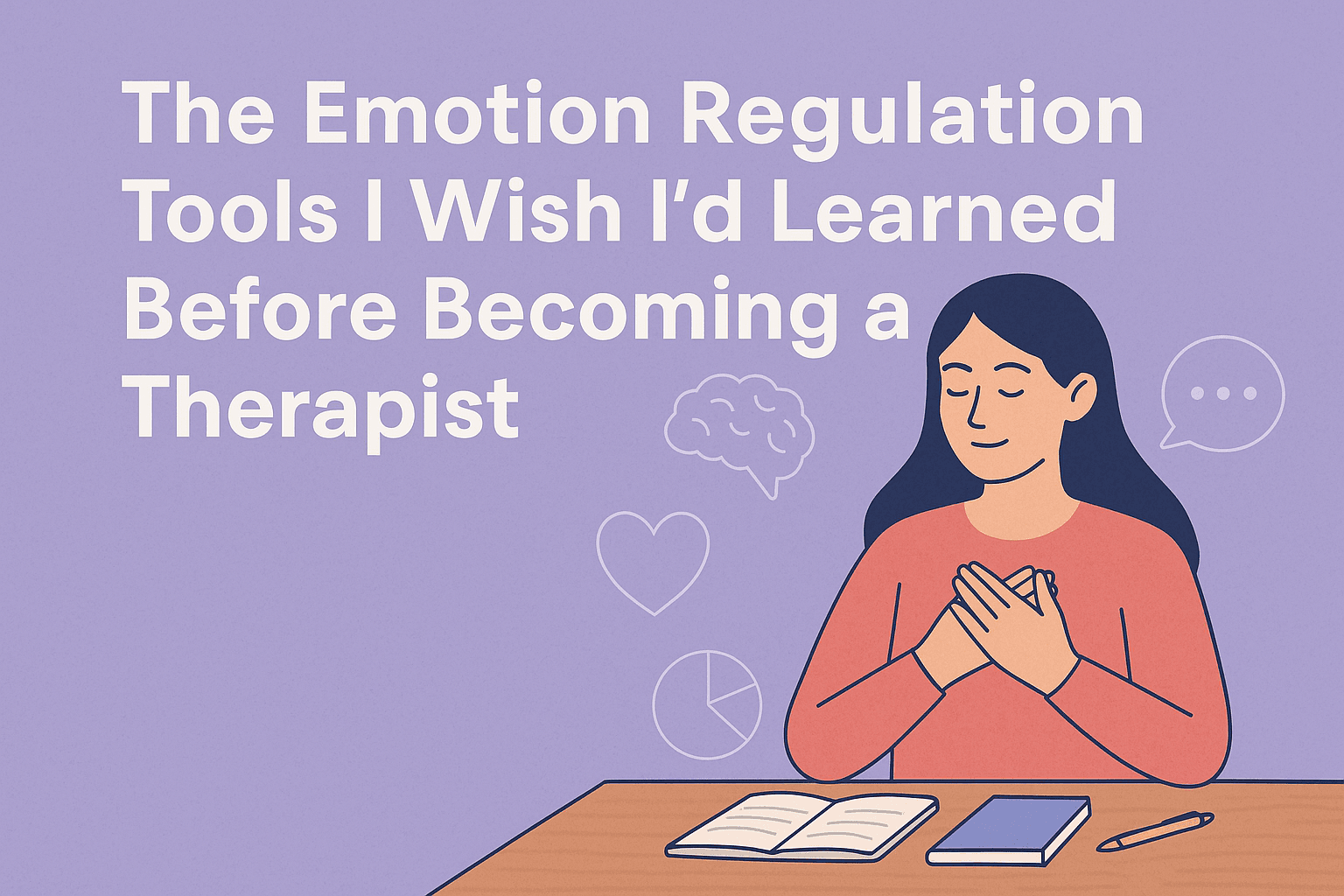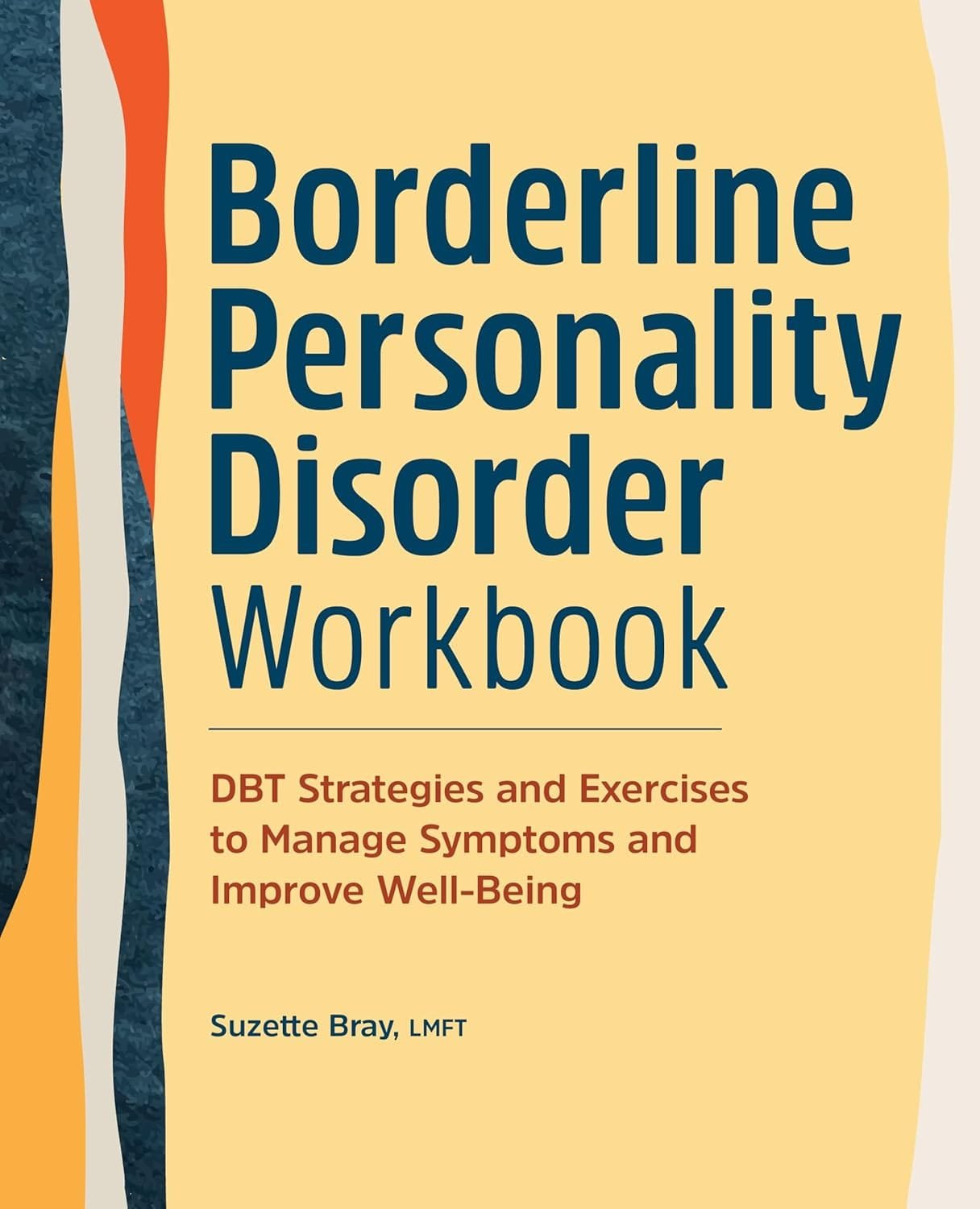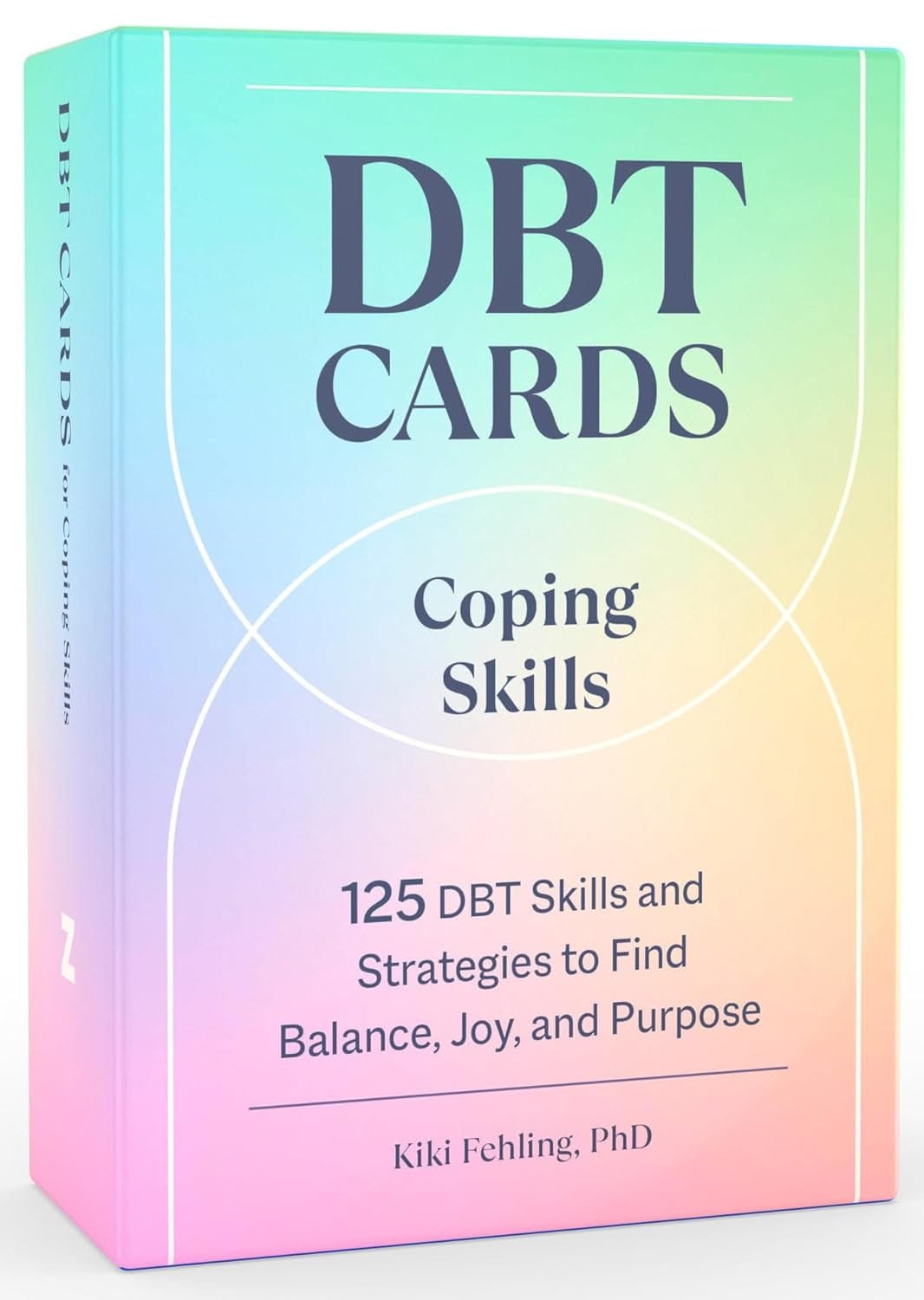(Spoiler: It’s DBT—And It’s About to Blow Your Mind)
If you’ve ever felt like your emotions are running the show… or you’ve tried every mental health strategy out there but still end up overwhelmed, disconnected, or stuck—then this is the therapy approach you need to know about.
Dialectical Behavior Therapy, or DBT, is one of the most life-changing, practical, and empowering approaches in modern mental health. It’s not just a therapy—it’s a toolkit for emotional survival, interpersonal growth, and radical transformation.
Whether you’re navigating high-intensity emotions or just want to feel more grounded, confident, and connected—DBT will make you rethink everything you thought you knew about mental health.
Let’s break down why this approach is turning heads, healing hearts, and giving people the exact tools they’ve always needed—but were never taught.
What Is DBT—and Why Should You Care?
Originally developed by Dr. Marsha Linehan for treating Borderline Personality Disorder (BPD), DBT has since evolved into one of the most effective, evidence-based therapies for a wide range of emotional challenges.
DBT is built around four core skill areas:
- Mindfulness – the art of being present
- Distress Tolerance – surviving emotional storms without making them worse
- Emotion Regulation – managing intense feelings
- Interpersonal Effectiveness – navigating relationships with clarity and confidence
DBT is especially powerful because it blends acceptance and change—you learn to validate your current experience and take steps toward healing at the same time.
📘 Want a clear, approachable introduction to DBT? Grab DBT Explained by Suzette Bray. It’s an accessible guide that breaks down DBT’s core concepts with zero fluff and lots of real-life application.
DBT Myth-Busting: “Isn’t That Just for People with BPD?”
Ah, the classic myth. Yes, DBT was created for BPD, but it’s now used to treat:
- Anxiety
- Depression
- ADHD
- PTSD
- Substance use
- Eating disorders
- Emotional dysregulation
- …and honestly, anyone who deals with big emotions or tough relationships (so… most of us)
That’s why I love recommending the Borderline Personality Disorder Workbook by Suzette Bray—yes, it’s written with BPD in mind, but it’s actually a phenomenal primer for learning DBT skills, whether you have a diagnosis or not. Think of it as a deep dive into emotional survival skills that anyone can use.
Why DBT Works (When Other Things Don’t)
Unlike vague “just be positive” advice or talk therapy that lacks structure, DBT gives you concrete skills to:
- De-escalate emotional chaos
- Break patterns of self-sabotage
- Handle difficult conversations with less drama
- Set boundaries (without guilt)
- Improve your relationship with yourself
Sound like a superpower? It kind of is.
And if you want to explore these tools independently, the Self-Directed DBT Skills Workbook is exactly what you need. It’s great for those who prefer a more structured, self-paced format with real exercises and step-by-step guidance.
Let’s Break Down the DBT Skill Areas (And Where to Get Tools for Each)
🧠 Mindfulness
This is the foundation of DBT—it teaches you how to pause, observe, and respond, instead of reacting automatically.
Imagine being able to catch your emotional spirals before they carry you away. That’s mindfulness in action.
✨ Pro tip: The Emotional Regulation Starter Kit includes beginner-friendly mindfulness practices that take just minutes a day but have huge impact.
🌪️ Distress Tolerance
These are your “emotional crisis” survival skills. Instead of turning to impulsive behavior (like yelling, avoiding, numbing, or lashing out), DBT helps you ride the wave.
Think:
- Ice diving
- TIPP skills
- Grounding
- Distraction strategies that actually work
💥 Want a toolkit for when things get really intense? Grab the DBT Toolkit: Distress Tolerance and Crisis Survival Workbook. It’s filled with practices to help you get through the storm without breaking things (or yourself).
🔥 Emotion Regulation
Ever felt hijacked by your feelings? Like your brain just shuts off when you’re mad, sad, or overwhelmed?
Emotion regulation teaches you to understand, manage, and shift your emotions—not suppress them, not explode them, but regulate them with skill.
The DBT Toolkit: Emotional Regulation Workbook is your go-to guide here. It walks you through DBT’s most powerful emotion management skills like “check the facts,” “ABC PLEASE,” and “opposite action.”
🗣️ Interpersonal Effectiveness
We all have those “I said the wrong thing” or “Why did I let them walk all over me?” moments.
This part of DBT helps you:
- Communicate assertively (without aggression)
- Set boundaries
- Ask for what you need
- Handle conflict like a boss
For hands-on practice, check out the DBT Skills for Communication & Interpersonal Effectiveness Workbook. It’s perfect for building relationship confidence and ditching people-pleasing tendencies.
Let’s Talk About Radical Acceptance
One of the most transformative concepts in DBT is Radical Acceptance—the skill of saying “This is what’s happening” instead of fighting reality.
This isn’t about liking what’s happening. It’s about releasing the suffering that comes from resistance.
Whether you’re facing loss, change, or a tough truth—Radical Acceptance helps you stop spinning your wheels in “Why is this happening to me?” and start moving forward.
Need help practicing it? The Radical Acceptance Workbook is your compassionate guide to letting go of emotional pain and making space for peace.
Bonus: DBT for Addiction Recovery
DBT isn’t just for managing emotions—it’s also used in substance abuse recovery programs around the world.
If you or someone you love is navigating sobriety, DBT offers tools for:
- Urge surfing
- Crisis planning
- Building a life worth staying sober for
Check out the Addiction Recovery Workbook (DBT Toolkit Series). It’s trauma-informed, practical, and totally non-judgmental.
Want to Make DBT Skills a Daily Habit?
Enter: DBT Cards for Coping Skills 🃏
This 125-card deck includes short, practical strategies for managing stress, improving relationships, and staying emotionally balanced. Perfect for keeping in your bag, on your desk, or pulling one at random when you need a moment of clarity.
These are especially helpful if you’re a visual or tactile learner—and great for kids, teens, or busy adults who want to use DBT skills on the go.
So… Is DBT for You?
✔ Do you feel overwhelmed by your emotions?
✔ Do you struggle to communicate your needs?
✔ Do you want to stop reacting impulsively?
✔ Do you crave more peace and emotional resilience?
Then yes. DBT is for you.
Whether you’re working with a therapist or diving in solo, there are so many ways to learn DBT—and it’s never too late to start.
Recap: Your DBT Starter Kit 🎒
Here’s your personalized toolkit to get started today:
🔹 DBT Explained – A clear, practical intro to DBT concepts
🔹 Borderline Personality Disorder Workbook – A fantastic DBT skill primer (even if you don’t have BPD)
🔹 Self-Directed DBT Skills Workbook – Learn DBT on your own terms
🔹 Emotional Regulation Starter Kit – Your free resource to start building emotional balance today
🔹 DBT Skills for Communication & Interpersonal Effectiveness
🔹 DBT Toolkit: Emotional Regulation
🔹 Radical Acceptance Workbook
🔹 Distress Tolerance & Crisis Survival Workbook
🔹 Addiction Recovery Workbook
🔹 DBT Coping Cards – DBT in your back pocket, anytime you need it
Ready to Put DBT Into Practice?
You don’t have to figure it all out alone.
🟣 If you’re in Arizona or California, I’d love to support you. I offer DBT-informed therapy and coaching, which means I incorporate powerful DBT skills—like emotion regulation, mindfulness, and distress tolerance—into a personalized, flexible approach.
Please note: This is not a comprehensive DBT program, but a skills-focused, client-centered way to use DBT tools that fit your real life.
🟣 Not in AZ or CA? You’re covered! Try Online-Therapy.com—a flexible, affordable platform that includes worksheets, journaling, and live therapist support rooted in evidence-based care. Ready to Put DBT Into Practice?
You don’t have to figure it all out alone.
🟣 If you’re in Arizona or California, I’d love to support you. I offer DBT-informed therapy and coaching—meaning we’ll use DBT strategies like mindfulness, emotion regulation, distress tolerance, and interpersonal skills in a flexible, personalized way.
Please note: This is not a comprehensive DBT program, but a skills-focused, client-centered approach tailored to your real-life needs.
🟣 Not in AZ or CA? Online-Therapy.com is a flexible and affordable platform that combines therapy sessions, worksheets, journaling, and messaging with licensed therapists trained in evidence-based practices.
✨ Enjoy 20% off your first month with the code: THERAPY20
Final Thought: This Isn’t Just Therapy—It’s a Life Skill
Once you learn DBT, you’ll wonder why they didn’t teach this in school. It’s the kind of emotional intelligence that makes everything else easier—your relationships, your boundaries, your self-esteem, your decision-making, your peace of mind.
This isn’t just about coping. It’s about building a life worth living.
Let DBT be your reset button. Your roadmap. Your toolkit for showing up for yourself—every day.
